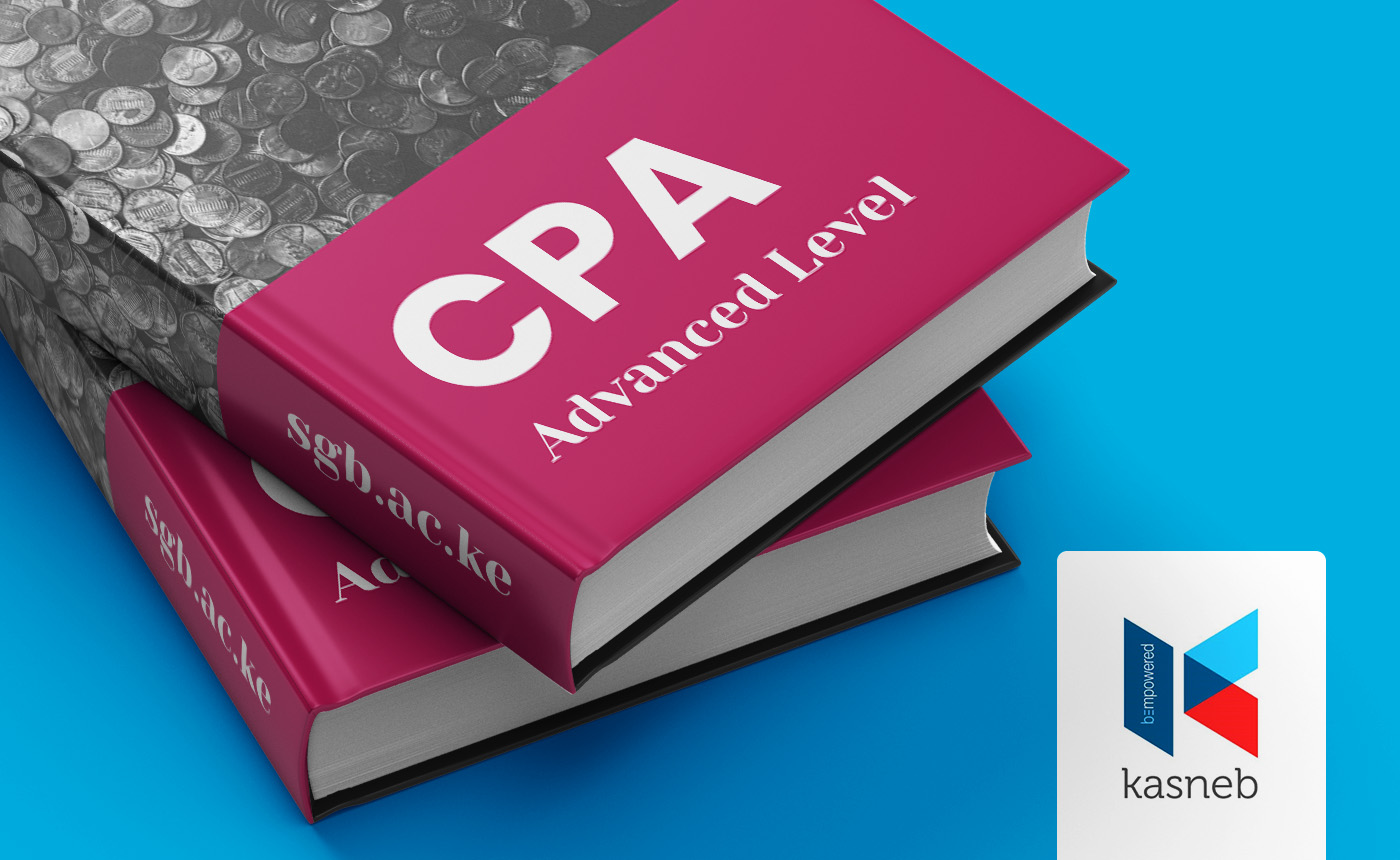Phone: +254 700 524589 | +254 782 524589 Email: [email protected]
Paper 16 (S1): Advanced Taxation

About Course
The Professional courses are administered at Foundation, Intermediate and Advanced Levels. Each level requires an average of one year, though candidates are advised to provide for an additional one year to meet requirements for internship/ practical experience.
A student must book for a minimum of three papers in a level in any order unless is exempted or has credits.
Prior to certification, candidates will be required to:
- Attend workshops on ethics, soft skills and emerging issues organised by kasneb and ICPAK and earn IPD hours.
- Obtain 1-Year practical experience, or alternatively attend workshops on work based simulation organised by kasneb and ICPAK.
This course is aimed at persons who wish to qualify and work or practice as professional accountants, auditors, finance managers, tax managers and consultants in related areas in both public and private sectors.
Course Content
SEPT – DEC 2025 CLASS RECORDINGS
-
SEPT 9TH
28:26 -
SEPT 11TH
31:35 -
SEPT 16TH
01:32:40 -
SEPT 18TH
01:26:55 -
SEPT 23RD
01:22:13 -
SEPT 25TH
01:16:00 -
NOV 13TH
37:47
Overview
TOPIC 1. EXTERNAL RESOURCE FINANCING
TOPIC 2. PUBLIC INVESTMENTS
TOPIC 3: PUBLIC PRIVATE PARTNERSHIPS ARRANGEMENTS
TOPIC 4: PUBLIC DEBT MANAGEMENT
TOPIC 5: ADVANCED ASPECTS OF THE TAXATION OF BUSINESS INCOME
TOPIC 6: TAX EVASION
TOPIC 7: TAXATION OF CROSS BORDER ACTIVITIES
TOPIC 8: TAX PLANNING
TOPIC 9: TAX SYSTEMS AND POLICIES
PAST PAPERS
TOPIC 10: PROFESSIONAL ETHICS IN TAXATION
TOPIC 11: CURRENT DEVELOPMENTS IN PUBLIC FINANCE AND TAXATION
TOPIC 12: EMERGING ISSUES AND TRENDS
Student Ratings & Reviews

